The CFPB wants to refund a penalty that a mortgage lender paid to settle racial discrimination claims
Since President Trump’s return to office in January, the Consumer Financial Protection Bureau (CFPB) has dropped several enforcement actions against companies filed under the agency’s previous director, Rohit Chopra. Now the bureau is seeking to give back a $105,000 penalty that Chicago-based lender Townstone Financial paid to settle alleged racial discrimination claims last year. The case was initially filed in 2020, during Trump’s first term, by Kathleen Kraninger, the director appointed by the president to lead the consumer watchdog. But on Wednesday, the new acting director of the CFPB, Russell Vought, sought to vacate the settlement completely and return the six-figure penalty that Townstone had to pay. “Once new CFPB leadership undertook the review of the history of this case, it became clear from the totality of internal evidence that this case has suffered from deficiencies on the merits and Townstone was targeted because of its protected speech,” the bureau said in its filing to the U.S District Court for the Northern District of Illinois. What was the original case about? The CFPB originally brought the action against Townstone, alleging that it had “discouraged black prospective applicants from applying for mortgage loans with Townstone . . . by making, over a period of years, several statements on their long-form commercial advertisement radio show.” The complaint accused the “Townstone Financial Show” of making discriminatory statements that discouraged Black applicants from seeking mortgage loans. It cites five incidents, including some comments made by co-host Barry Sturner, Townstone’s CEO. In one example, for instance, Sturner referred to a downtown Chicago Jewel-Osco grocery store as “Jungle Jewel” and called it “scary” due to its diverse patrons. In another, he called Chicago’s South Side “hoodlum weekend” and claimed police were the only force preventing it from becoming a “real war zone.” The CFPB also alleged that “From 2014 through 2017, barely 2 percent of Townstone’s mortgage-loan applications were for properties in majority African American neighborhoods, even though they make up nearly 19 percent of the Chicago metropolitan area’s census tracts.” In 2023, a federal court in Chicago dismissed the bureau’s lawsuit, ruling that the Equal Credit Opportunity Act only applied to actual loan applicants, not prospective ones. However, the bureau appealed, and a panel from the U.S. Court of Appeals for the Seventh Circuit overturned the decision. Fast Company reached out to Townstone for comment. In its settlement in 2024, it admitted no wrongdoing. The CFPB’s latest response After reviewing the settlement, the bureau stated in a press release on Wednesday that the, “CFPB abused its power, used radical ‘equity’ arguments to tag Townstone as racist with zero evidence, and spent years persecuting and extorting them – all to further the goal of mandating DEI in lending via their regulation by enforcement tactics.” According to the press release, there was no complaint from the public against Townstone but the company was “drawn out of hat” by a computer model run by “DEI-driven bureaucrats.” It accused the previous CFPB administration of targeting Townstone for its protected free speech, using audio-mining software to review the company’s radio shows and podcasts, specifically flagging political speech critical of the bureau. “They identified 16 minutes out of nearly 79 hours of radio content (.33%) that they deemed “disconcerting,” the press release states, and that “could be interpreted as inappropriate, incorrect, or insensitive.” It further claimed that the radio show was only “Talking about local crime, political issues around freedom of speech, supporting local law enforcement, and telling people to check out a neighborhood before buying a home.” The CFPB said in the recent filing that it supports the dismissal of all claims in order to permit the agency to return to Townstone the civil penalty it paid. The move signals a broader effort by the Trump administration to scale back what it describes as overreach and politically motivated enforcement actions from previous leadership.

Since President Trump’s return to office in January, the Consumer Financial Protection Bureau (CFPB) has dropped several enforcement actions against companies filed under the agency’s previous director, Rohit Chopra.
Now the bureau is seeking to give back a $105,000 penalty that Chicago-based lender Townstone Financial paid to settle alleged racial discrimination claims last year.
The case was initially filed in 2020, during Trump’s first term, by Kathleen Kraninger, the director appointed by the president to lead the consumer watchdog. But on Wednesday, the new acting director of the CFPB, Russell Vought, sought to vacate the settlement completely and return the six-figure penalty that Townstone had to pay.
“Once new CFPB leadership undertook the review of the history of this case, it became clear from the totality of internal evidence that this case has suffered from deficiencies on the merits and Townstone was targeted because of its protected speech,” the bureau said in its filing to the U.S District Court for the Northern District of Illinois.
What was the original case about?
The CFPB originally brought the action against Townstone, alleging that it had “discouraged black prospective applicants from applying for mortgage loans with Townstone . . . by making, over a period of years, several statements on their long-form commercial advertisement radio show.”
The complaint accused the “Townstone Financial Show” of making discriminatory statements that discouraged Black applicants from seeking mortgage loans.
It cites five incidents, including some comments made by co-host Barry Sturner, Townstone’s CEO. In one example, for instance, Sturner referred to a downtown Chicago Jewel-Osco grocery store as “Jungle Jewel” and called it “scary” due to its diverse patrons. In another, he called Chicago’s South Side “hoodlum weekend” and claimed police were the only force preventing it from becoming a “real war zone.”
The CFPB also alleged that “From 2014 through 2017, barely 2 percent of Townstone’s mortgage-loan applications were for properties in majority African American neighborhoods, even though they make up nearly 19 percent of the Chicago metropolitan area’s census tracts.”
In 2023, a federal court in Chicago dismissed the bureau’s lawsuit, ruling that the Equal Credit Opportunity Act only applied to actual loan applicants, not prospective ones. However, the bureau appealed, and a panel from the U.S. Court of Appeals for the Seventh Circuit overturned the decision.
Fast Company reached out to Townstone for comment. In its settlement in 2024, it admitted no wrongdoing.
The CFPB’s latest response
After reviewing the settlement, the bureau stated in a press release on Wednesday that the, “CFPB abused its power, used radical ‘equity’ arguments to tag Townstone as racist with zero evidence, and spent years persecuting and extorting them – all to further the goal of mandating DEI in lending via their regulation by enforcement tactics.”
According to the press release, there was no complaint from the public against Townstone but the company was “drawn out of hat” by a computer model run by “DEI-driven bureaucrats.” It accused the previous CFPB administration of targeting Townstone for its protected free speech, using audio-mining software to review the company’s radio shows and podcasts, specifically flagging political speech critical of the bureau.
“They identified 16 minutes out of nearly 79 hours of radio content (.33%) that they deemed “disconcerting,” the press release states, and that “could be interpreted as inappropriate, incorrect, or insensitive.”
It further claimed that the radio show was only “Talking about local crime, political issues around freedom of speech, supporting local law enforcement, and telling people to check out a neighborhood before buying a home.”
The CFPB said in the recent filing that it supports the dismissal of all claims in order to permit the agency to return to Townstone the civil penalty it paid. The move signals a broader effort by the Trump administration to scale back what it describes as overreach and politically motivated enforcement actions from previous leadership.





















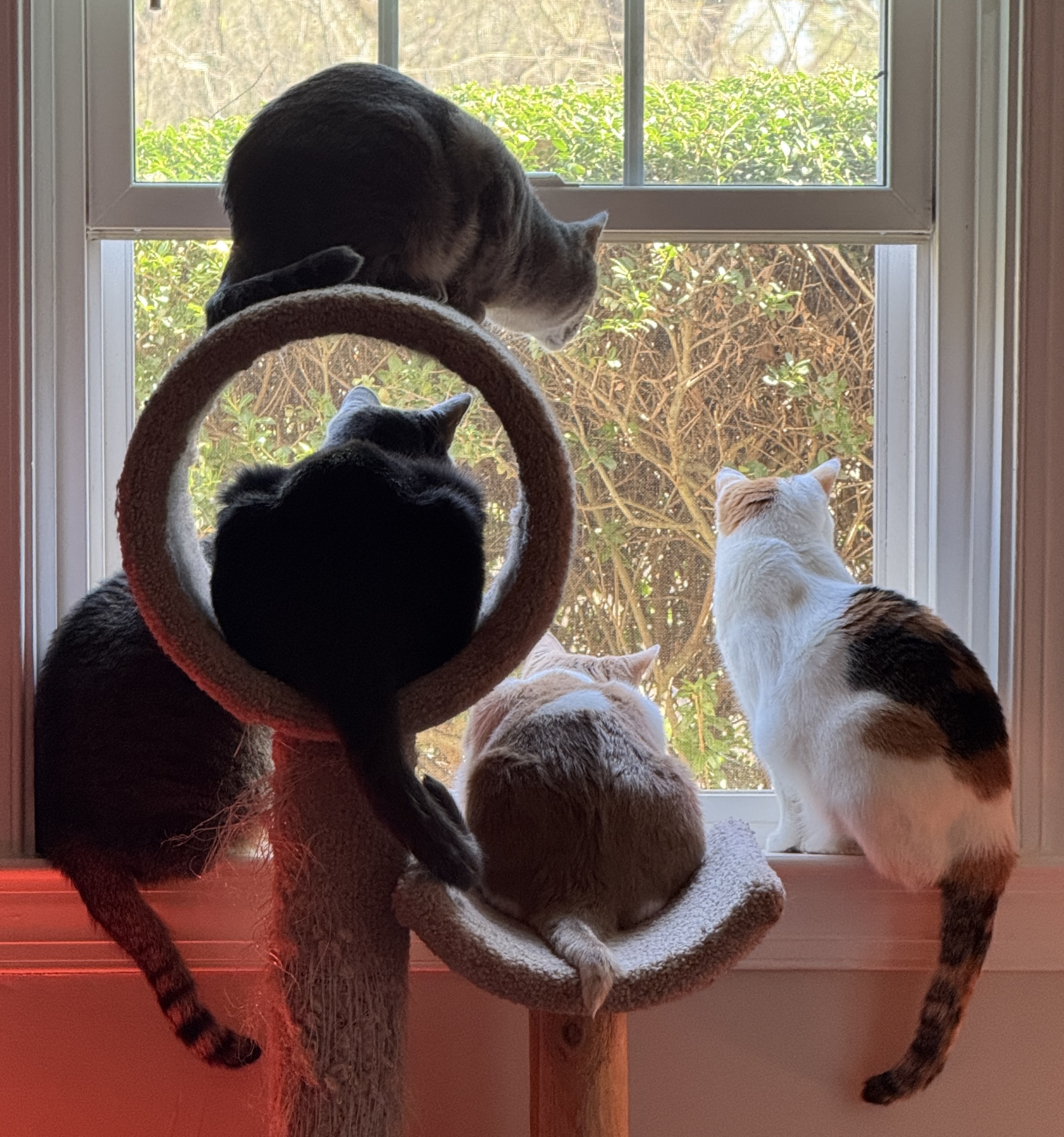


















































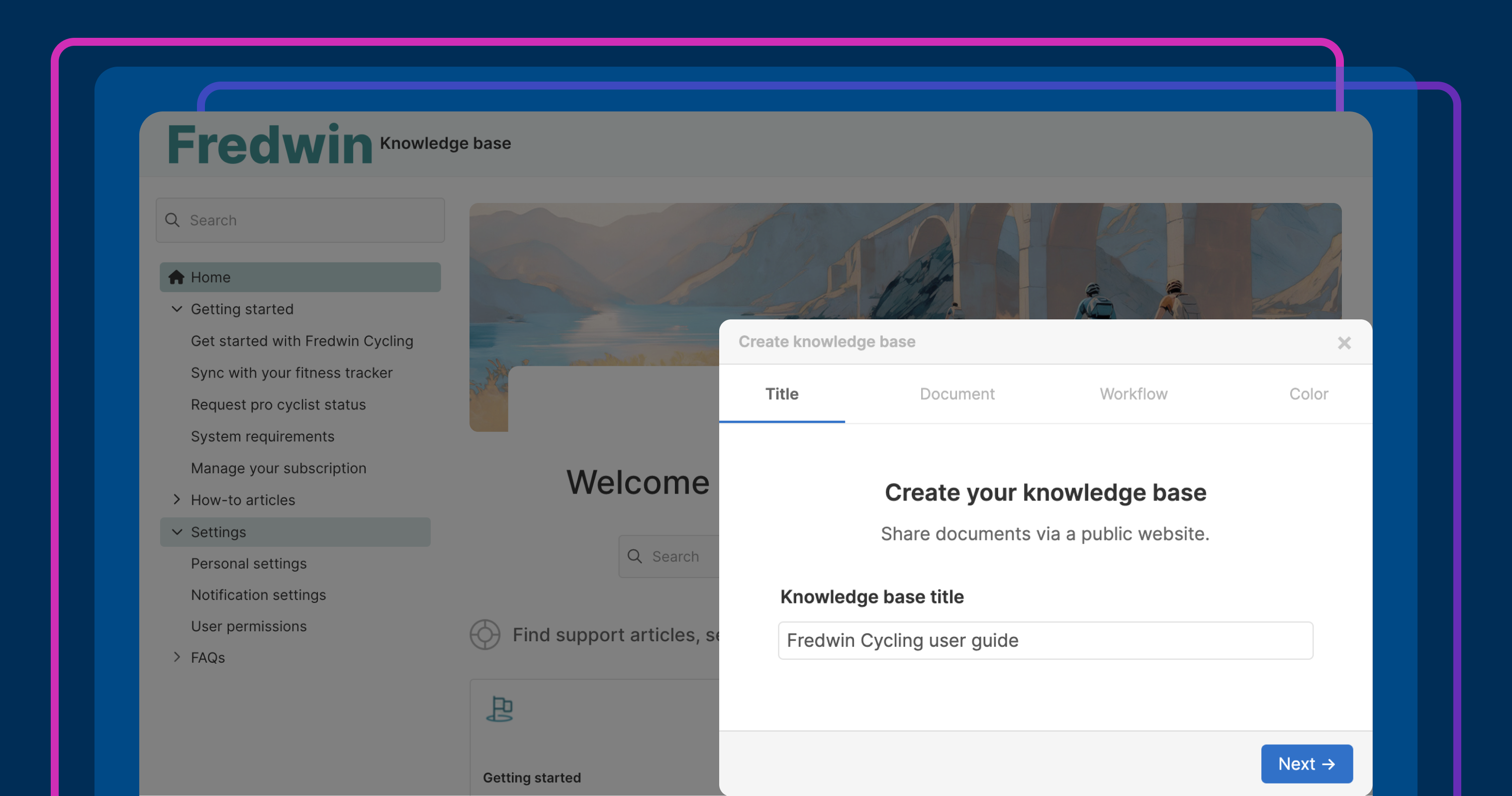


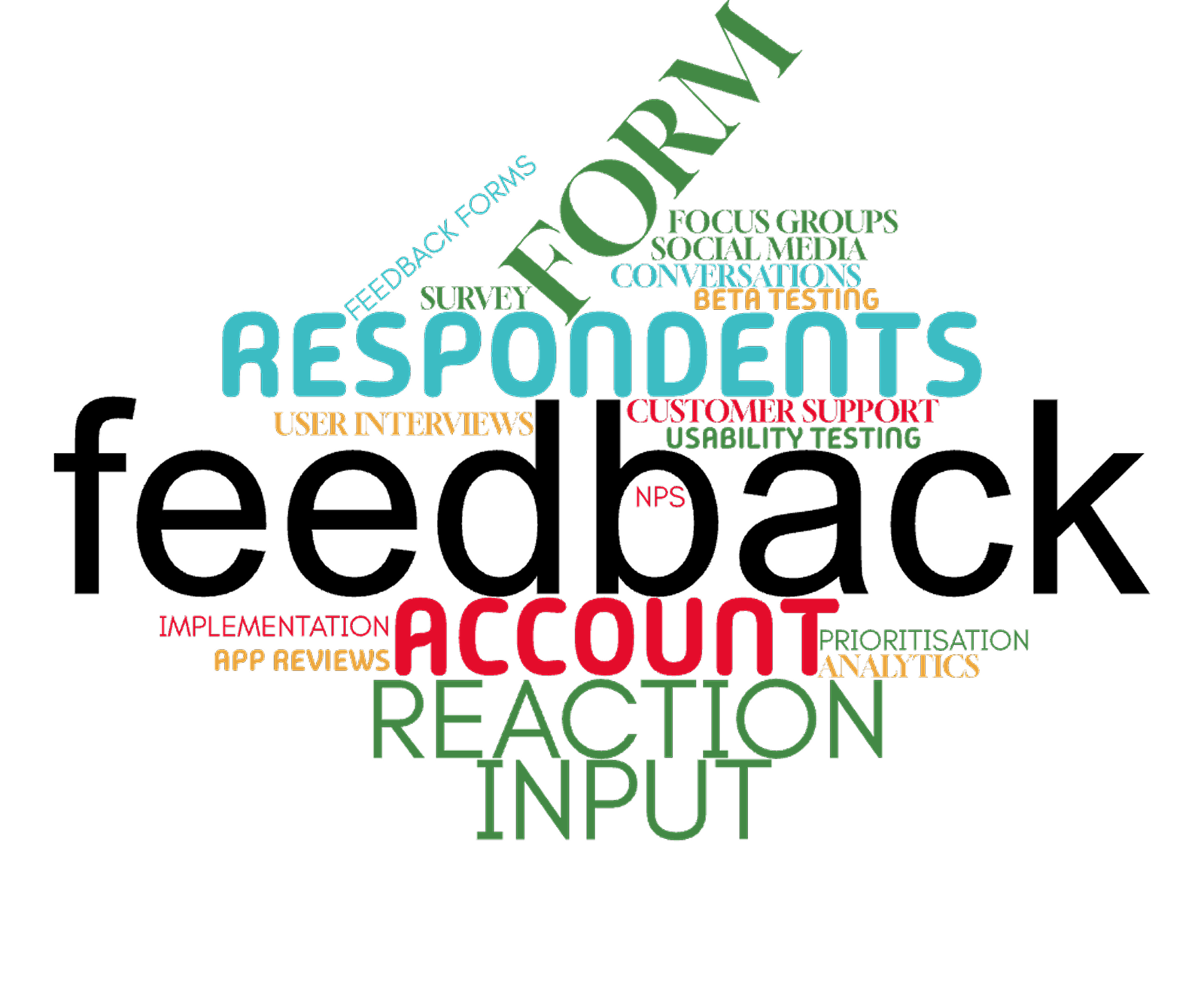
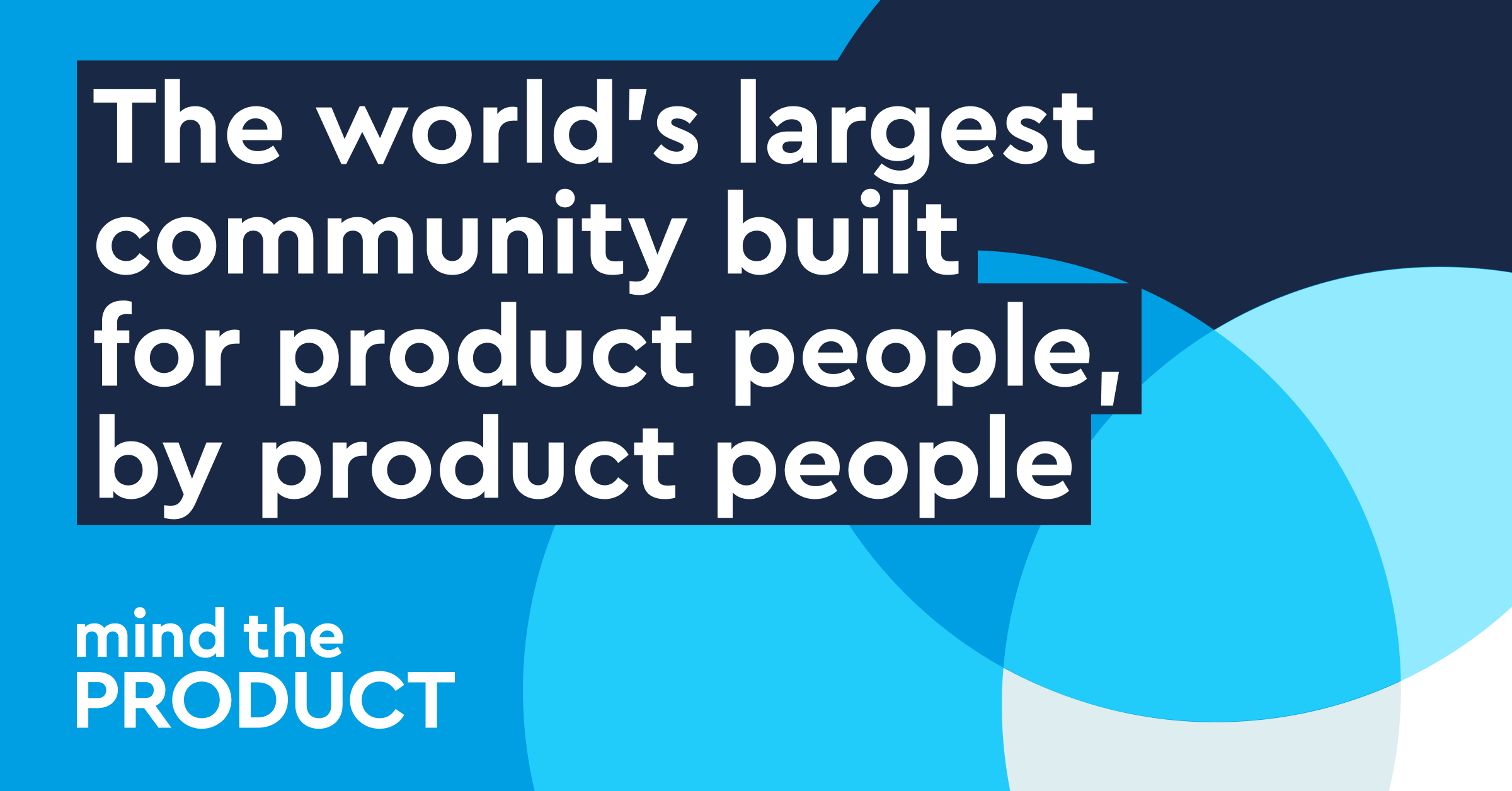




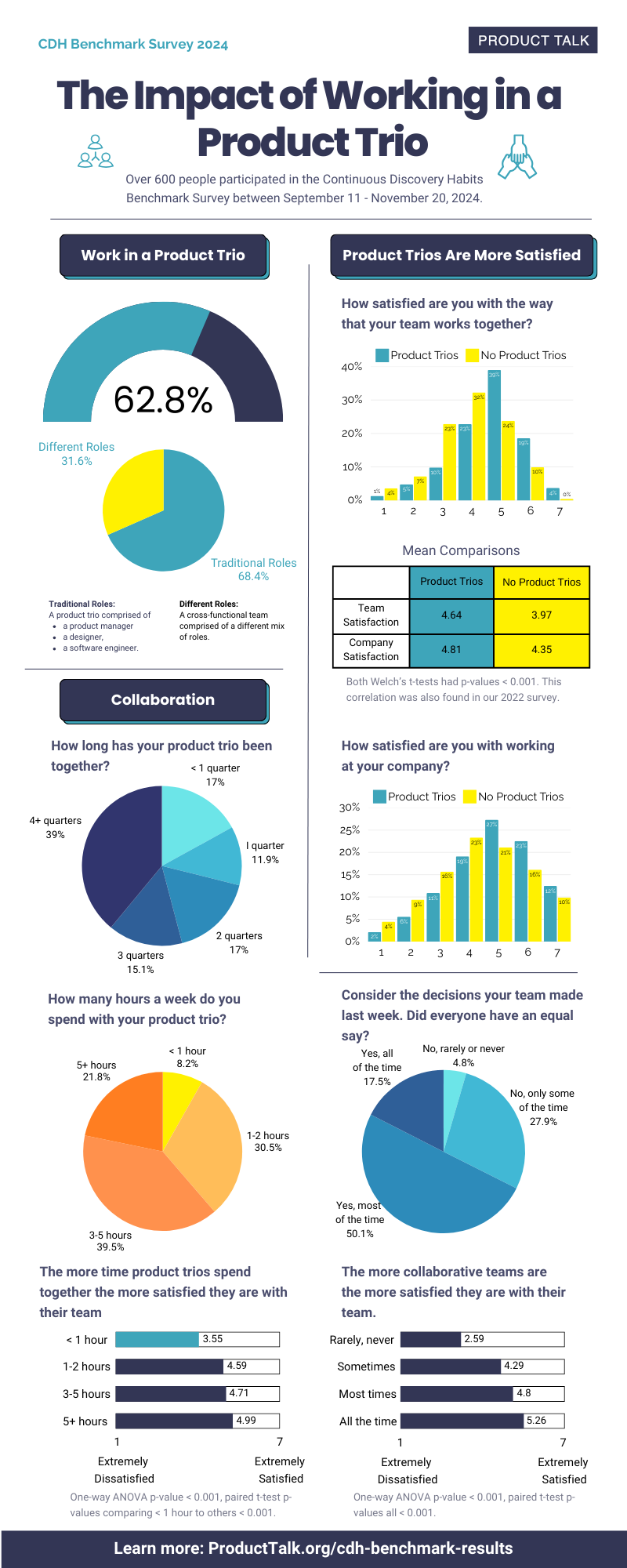












![How One Brand Solved the Marketing Attribution Puzzle [Video]](https://contentmarketinginstitute.com/wp-content/uploads/2025/03/marketing-attribution-model-600x338.png?#)

![Building A Digital PR Strategy: 10 Essential Steps for Beginners [With Examples]](https://buzzsumo.com/wp-content/uploads/2023/09/Building-A-Digital-PR-Strategy-10-Essential-Steps-for-Beginners-With-Examples-bblog-masthead.jpg)











![How to Use GA4 to Track Social Media Traffic: 6 Questions, Answers and Insights [VIDEO]](https://www.orbitmedia.com/wp-content/uploads/2023/06/ab-testing.png)




![[HYBRID] ?? Graphic Designer](https://a5.behance.net/cbf14bc4db9a71317196ed0ed346987c1adde3bb/img/site/generic-share.png)
























